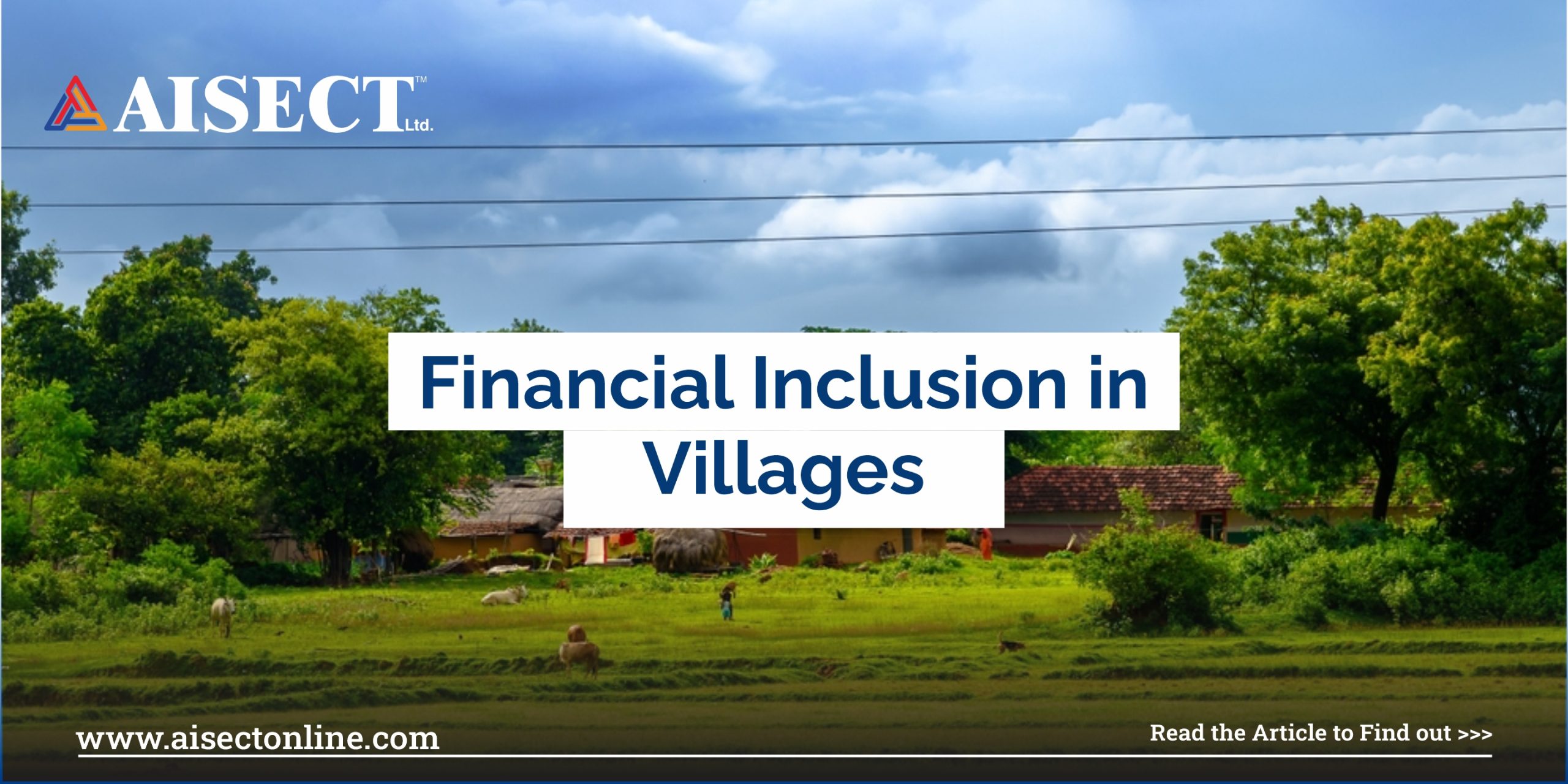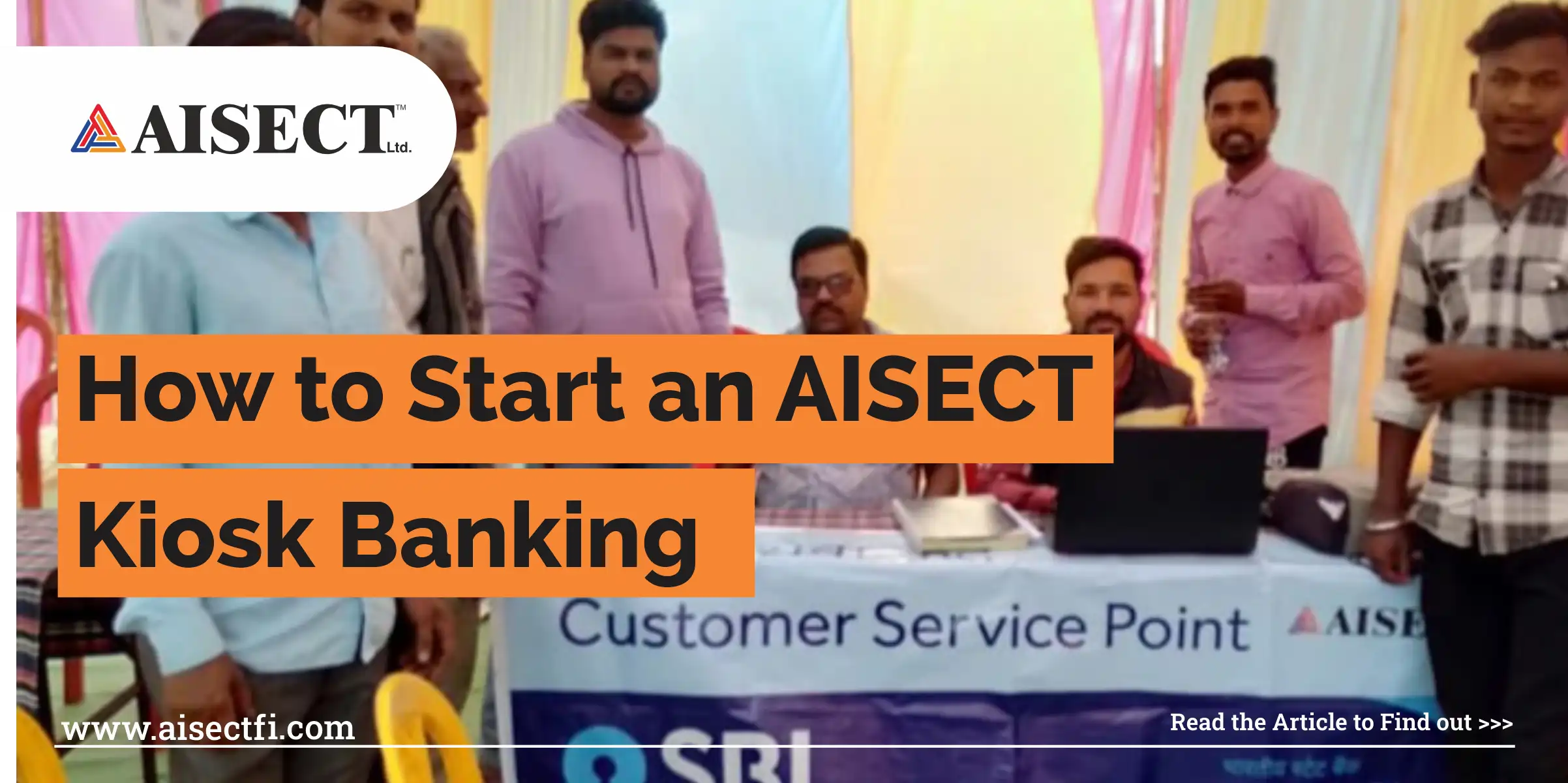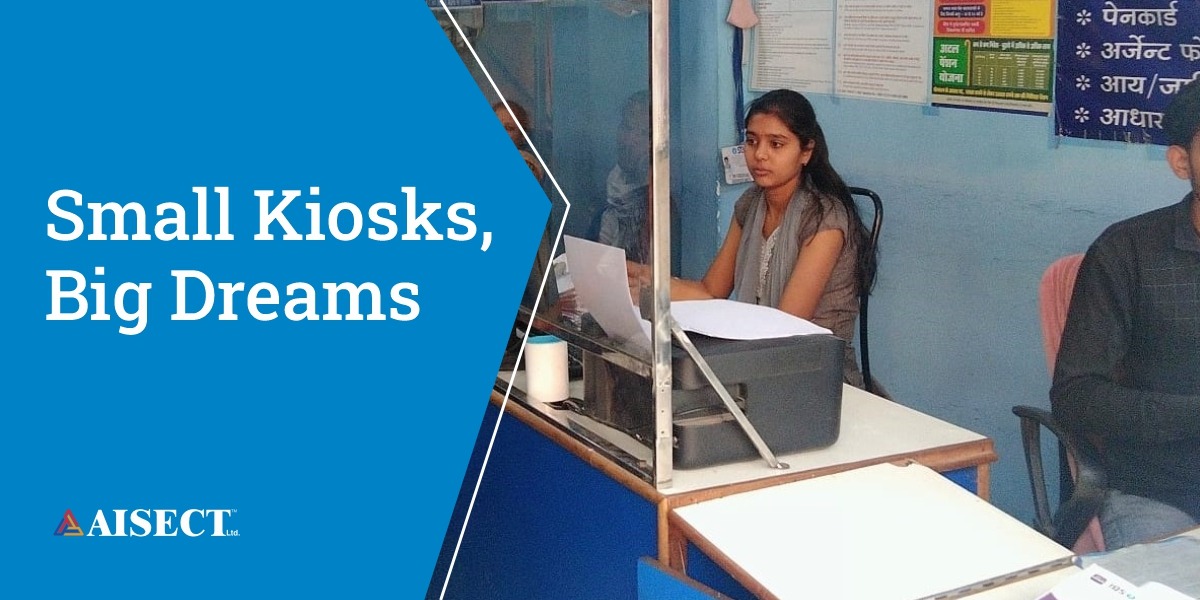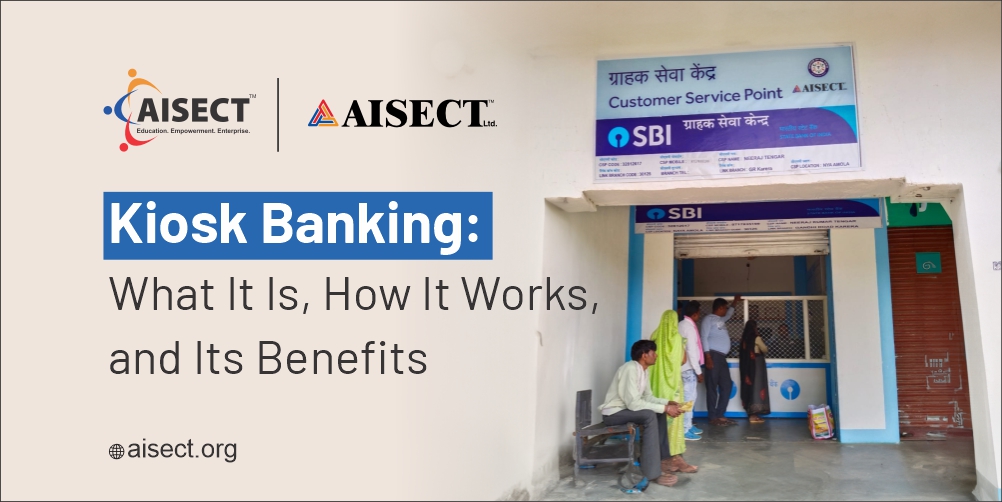Introduction
Do you know that the financial inclusion index of India was 60.1 as of the fiscal year 2023?
Financial inclusion helps in the development of a culture of savings in the segments of rural areas which has a significant role in cultivating economic development. Financial inclusion initiatives include banks providing basic savings bank deposit accounts (BSBD) with various facilities such as no minimum balance, withdrawal or deposit of cash, and ATM facility to each account holder. In addition to this, the KYC norms are also being relaxed for small accounts to promote the opening of bank accounts.
Banks have also been advised to open an intermediate brick-and-mortar structure in between the CSP and the main branch for the provision of banking services, addressing issues of consumers and monitoring the work of the business correspondents. These factors can ensure all the stakeholders in the loop are working towards the betterment of the system and follow an approach to make the rural region financially inclusive.
To strengthen the roots of India, AISECT FI can be considered an initiative which aims to provide easy savings and loan options along with other additional options of banking at a low and affordable price to the unbanked and marginalized populations and every segment of the nation. Financial education plays a critical role in the promotion of financial inclusion and many countries have launched various programs or initiatives to improve financial literacy. Financial education, especially building up individual financial literacy, can have a prominent role in fostering financial inclusion.
Comprehending Financial Inclusion
According to statistics, the financial inclusion index rose from 43.4 in 2017 to its current state, indicating an improvement in financial inclusion.
Financial inclusion can be described as the method of offering financial and banking solutions and services to each and every individual in society without any form of discrimination. Its primary aim is to include everybody in society by providing them with basic fiscal services without looking at a person’s savings or income. Financial inclusion chiefly focuses on the provision of reliable financial solutions to the economically unprivileged sections of society without any unfair treatment. There are very broad and general reasons why financial inclusion is important:
Financial inclusion helps in the reduction of poverty
Financial inclusion helps in the stimulation of economic growth
It promotes the growth of small businesses and entrepreneurship
It empowers otherwise marginalized demographics
Financial inclusion helps in the promotion of innovation in rural communities
It may foster digital inclusion
AISECT FI’s Role in Financial Inclusion
Do you know that 64.61% of the working Indian population comes from a rural background according to the indicators of the World Bank?
The financial inclusion scheme of AISECT aims to provide low-cost and accessible banking services, including loan and savings options to individuals who are disadvantaged financially or lack access to traditional banking services. In 2006, the GoI (Government of India) drafted the policy of financial inclusion. As banking services are considered a public good, the policy aimed to ensure that all citizens have access to banking services without any form of discrimination. The policy was given to RBI (Reserve Bank of India) for implementation with the goal of utilising organisations or individuals such as NGOs or companies as well as educated unemployed youth for the establishment of customer service points in the under-served areas and provide banking services to rural populations as well as local communities.
The philosophy of AISECT is based on the business correspondent model which strongly believes in the utilization of institutional agents, organisations as well as other entities to assist banks in providing fiscal services in locations that are far away from bank branches. This philosophy lets us expand the reach of financial services to marginalized areas, and empower local agents to play an active role in supporting the banking system.
AISECT has implemented a financial inclusion model which has been successful in addressing the pressing need for fiscal access in rural areas by the provision of a variety of services through their ICT-enabled centres. In 2009 AISECT collaborated with SBI to bring banking services to the under-served areas in MP (Madhya Pradesh), Chhattisgarh and other states. The efforts of AISECT in the field of financial inclusion have been highly praised and recognised. Since then, AISECT has become the National Business Correspondent for other banks such as BOI, Bank of Baroda, Canara Bank, Central Bank of India, Airtel Payments Bank and other RRBs in the state of Madhya Pradesh.
Educational Programs for Financial Literacy
Bain and Company also states that rural India contributes to almost 50% of the total GDP which makes it a significant domain for financial institutions.
In the contemporary job market, where technologies and skills are constantly changing, vocational training’s significance is immense in shaping financial inclusion. Vocational training which is more than often called career or technical education is responsible for equipping individuals with practical knowledge and skills directly applicable to specific professions.
The importance of vocational training is not limited to a specific region but has global relevance. Vocational education can be considered a powerful tool for poverty reduction and economic development in developing countries as that of India. It equips individuals with skills which empower them to participate in local economies and contribute effectively to community growth. In developed countries, vocational training continues to be a reliable path to a fulfilling and fiscally stable career.
Conclusion
In conclusion, AISECT FI’s financial inclusion in India plays a massive role in fostering economic development and reducing poverty. With the financial inclusion index witnessing an upward tick, the model of AISECT stands out in the provision of banking services to rural and underserved populations. By leveraging the Business Correspondent model and collaborating with major banks, AISECT successfully extended its reach to underserved areas. due to this reason, it is earning recognition for its impactful contributions. In addition to that, the emphasis on vocational training as a catalyst for financial literacy underscores its global significance, aligning with the broader goal of empowering individuals for sustained economic growth.




